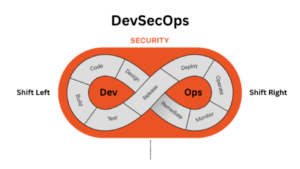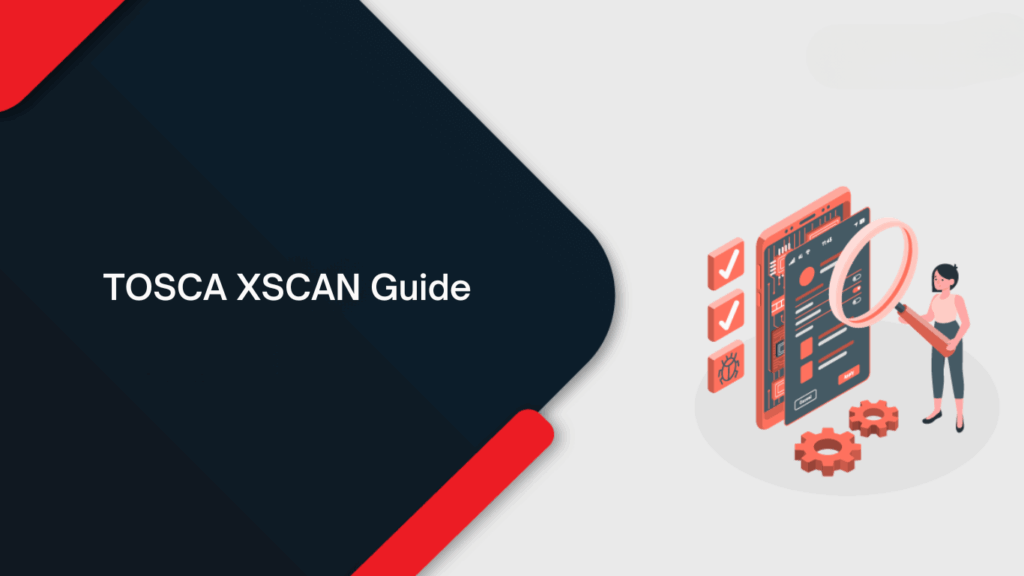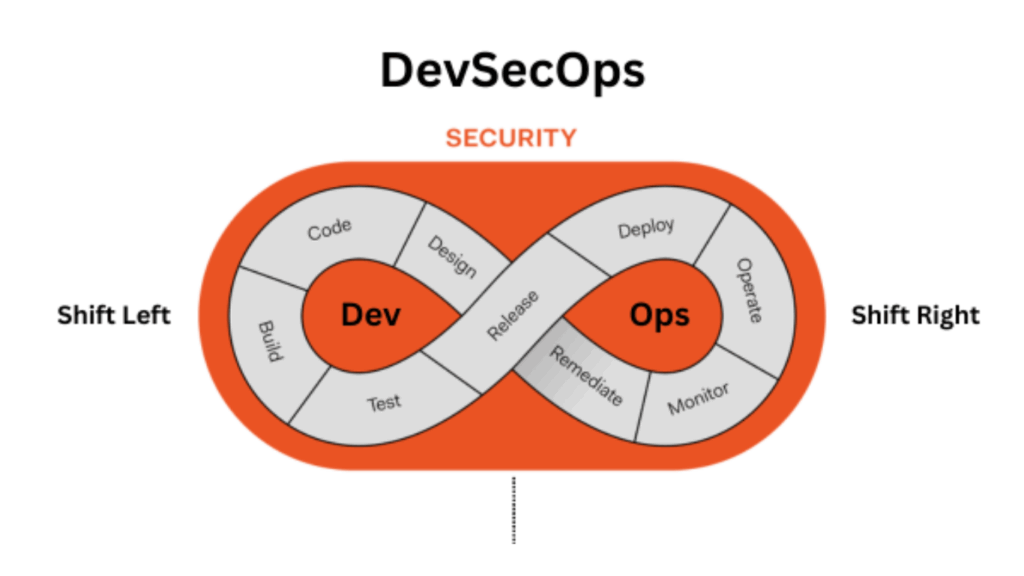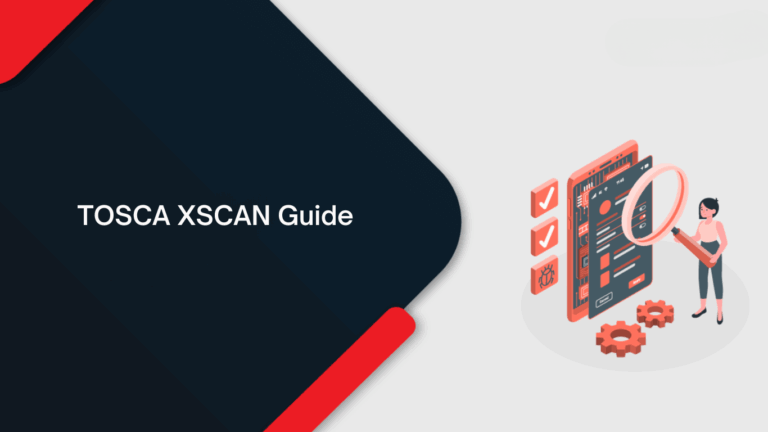Big data is gradually going out of style as a technology. Lately, companies are being enabled to gather data and react to it through Big Data AI, which is a fusion of Big Data and Artificial Intelligence. Big data and artificial intelligence (AI) technologies are two of the newest and most widely used developments in technology. Businesses may access and identify future patterns from massive volumes of data with the use of big data. Artificial Intelligence (AI) enables computers to comprehend and process vast amounts of data that are stored in photos, Excel spreadsheets, and presentations.
But the amount of data being gathered worldwide is growing every day. It is difficult to turn the massive amount of data that organisations have access to today into information, conclusions, or actions.
It makes sense that the majority of businesses use Big Data AI to boost productivity. The most sought-after technological development that is assisting organisations in gathering data and responding to it is the convergence of AI and Big Data. AI is powered by data, which enables machine learning programs to get more proficient at recognizing patterns and learning on their own. Conversely, artificial intelligence (AI) assists companies in managing their data and making the most of it. Check out the online Big Data course to learn more about Big Data AI.
The following are some ways that big data AI is transforming how businesses extract value from their data and enhancing their analytics capabilities:
1.Big Data Is Becoming ‘More Relevant Data’
The vast amounts of unstructured, semi-structured, and structured data that are gathered from sensors, emails, social media, satellite imaging, and other sources are collectively referred to as “big data.” If carefully examined, this data can provide firms with insightful information about the industry. However, the human brain cannot handle the task of sorting, interpreting, and evaluating this material. As a result, companies are using big data artificial intelligence (AI) to clean this data and extract useful insights.
Big data AI uses AI algorithms to process data quickly and extract insightful information, which shortens the time needed to reap the benefits of big data. AI also makes sure that the conclusions drawn are best suited to the requirements and preferences of the user. Big data AI turns the available data into usable, contextually relevant knowledge by sorting the good from the poor and the pertinent from the irrelevant. Big Data AI, for example, may be extremely helpful in content curation by assisting marketers in developing tailored email content, finding pertinent subjects, and enhancing their campaigns. Big Data AI is already being used by the Associated Press to improve its abilities in data analysis, spot trends, and use the knowledge gained to provide content that is tailored to the interests, preferences, and time of day of its readers.
Big Data AI can assist businesses in providing customers with solutions that meet their wants, not just pertinent data. Every day, customer behaviour varies. As such, it is challenging to ascertain the kind of goods or services that a customer is hoping for. Businesses can utilise Big Data AI to analyse consumer purchasing patterns and forecast their needs, instead of depending on consumers to communicate their preferences for products.
2.Marketers Are Gaining Access to Location Intelligence
Marketers may now witness the disruptive power of mobile location data thanks to big data AI. They can employ location intelligence to uncover connections across different data sets, leverage the insights to inform important business choices and increase consumer conversions. Retailers, for example, can make well-informed decisions about staffing, in-store product placement, and store layout by using location intelligence to analyse location-based purchasing behaviour and store visits.
Businesses have traditionally benefited from an improved customer experience when they know where a consumer is physically located. By using location intelligence, they may generate customised advertising and messaging for their customers based on how they behave in the offline world.
3.Improves Risk Assessment Capabilities
Big Data Artificial Intelligence is going to revolutionise the financial services industry and businesses involved in risk assessment. Consider the insurance industry, for example. The insurance company representative frequently has to decide if it makes sense to provide insurance to a specific client. Big data AI can assist them in quickly assessing client data and financial health to help them make the best risk assessment decision.
Big data AI companies such as Cytora and Scienaptic use AI data engines that intelligently assign a risk rating to an insurance-seeking client after compiling information from multiple sources. This helps the insurance company to decide on a risk assessment with knowledge.
4.Triggering the Growth of the Gig Economy
In the current digital era, terms like “freelancing,” “solopreneurship,” “self-employed,” and “work-from-home” are becoming increasingly common. This trend is greatly influenced by technology, which enables people to make money off of their knowledge and abilities as a side gig or even a full-time business. Big data AI has a lot to offer companies that support the remote work culture as well as individuals seeking other work arrangements. For example, most businesses prefer to hire remote programmers, front-end developers, and web designers in order to save their operational costs. However, because there are so many rivals in the digital world and everyone wants to hire the greatest talent, it can be difficult to discover the perfect applicant for this job profile.
HR professionals now find it easier to hire employees because of strategic recruitment. Big Data AI-powered apps and machine learning algorithms allow businesses to streamline their hiring procedures and cut down on the time and labour required to look through applicant applications. The HR specialist can quickly ascertain the job specifications and identify the best candidate for the role. Furthermore, compared to the conventional approach, the Big Data AI-driven hiring process is less discriminatory.
Conclusion
Big data AI is not only a catchphrase for big data or artificial intelligence. Because of its many uses, it’s becoming an indispensable tool for companies looking to manage their data effectively. Big Data AI is already helping businesses in a number of industries, including digital marketing, eCommerce, cybersecurity, insurance, and finance.Big Data AI’s function is becoming more crucial than ever as companies look to delve deeper into data to increase productivity and obtain a competitive edge. AI and big data are revolutionary technologies that will not go away. However, organisations will likely combine these two more frequently in order to better understand data and make better decisions. To learn more, check out the Big Data online training.





























